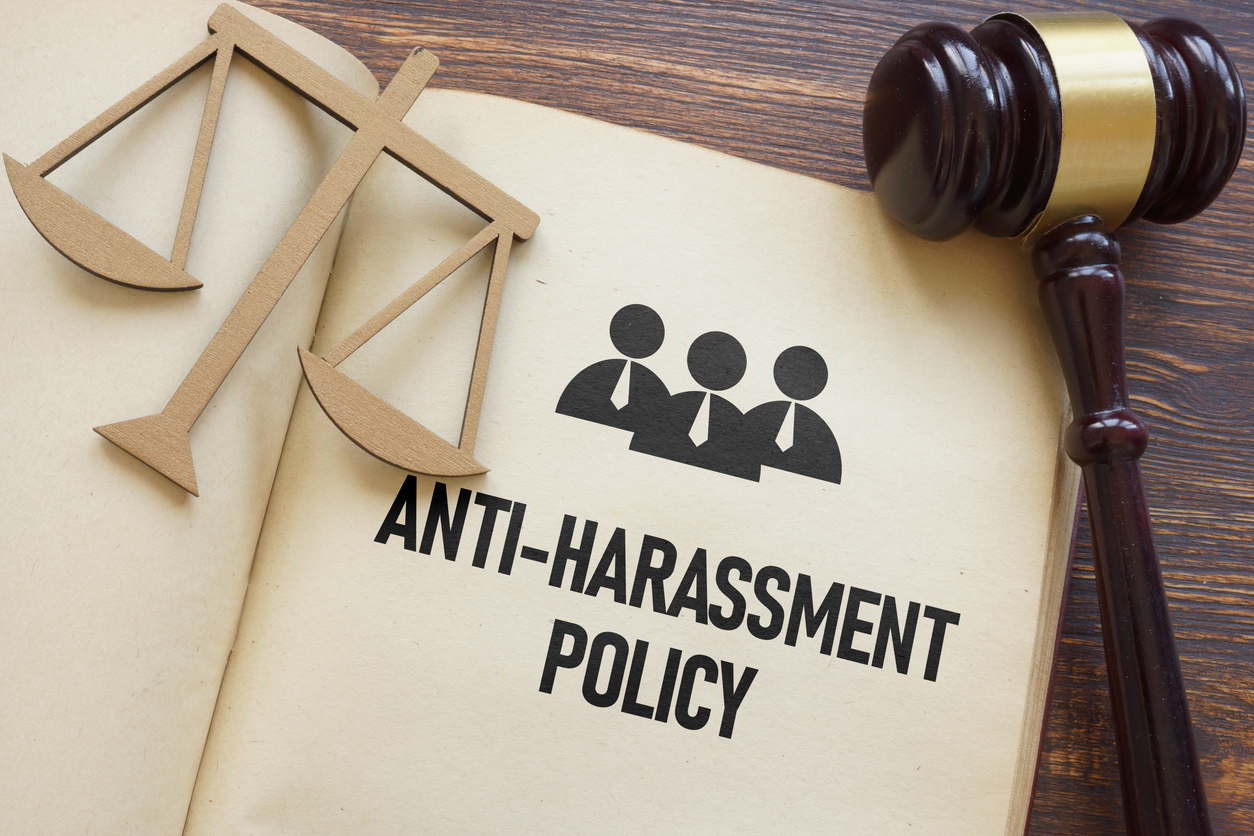Understanding Warehouse Work Quotas
In recent years, warehouse work quotas have become a focus of labor laws and worker rights discussions. The rise of e-commerce giants and the need for faster delivery times has led to the growth of large warehouses and fulfillment centers, and these operations depend heavily on workers to meet strict productivity standards, often enforced through quotas. These quotas can increase efficiency and productivity but can also place significant and unfair stress on its workers. In California, labor laws are designed to balance the interests of employers and employees, ensuring that workers are not subjected to unsafe or unfair working conditions.
What Are Work Quotas?
Work quotas refer to a set amount of work a warehouse worker must complete within a specific timeframe. For example, a warehouse worker might be required to pick and package a certain number of items per hour. These quotas are enforced to keep up with the pace of operations and meet shipping deadlines. In many cases, workers are monitored through digital tracking systems, such as handheld scanners or wearable devices, which track their productivity in real-time.
Failure to meet these quotas can result in disciplinary actions, including termination. In some extreme cases, workers report needing to skip bathroom breaks or work through painful injuries just to meet their target quota. This raises significant concerns about worker safety and health, especially in fast-paced environments with little room for error.
Are Work Quotas Legal in California?
Yes, warehouses can impose work quotas on their employees, but they must also follow certain regulations under California law. Several key legal protections, outlined below, help ensure that these quotas do not lead to unsafe working conditions or violate employee rights.
California’s Occupational Safety and Health Act
California’s Occupational Safety and Health Act (Cal/OSHA) sets and enforces standards to ensure safe working conditions for employees. Cal/OSHA is relevant when meeting a quota jeopardizes a worker’s health or safety. For example, if a warehouse worker feels pressured to skip breaks or ignore safety protocols to meet a quota, this could violate workplace safety regulations. Employers must provide a safe work environment, and any quotas that put workers at risk may be in breach of Cal/OSHA standards.
California Labor Code Section 510: Overtime Laws
California has specific overtime laws that protect workers from being overworked. According to Labor Code Section 510, most non-exempt employees must receive overtime pay for any work performed over eight hours in a workday or 40 hours in a workweek. In some cases, warehouse quotas may push employees to work longer hours or speed up their work to the point of exhaustion. While quotas are not illegal, they cannot be used to force workers to work beyond the legal limits of overtime without proper compensation or without proper meal and rest periods.
Assembly Bill 701
The most significant development in California law regarding warehouse quotas is Assembly Bill 701 (AB 701), signed into law in 2021. AB 701 restricts warehouse quotas that could impact workers’ health and safety. The law requires warehouse employers to disclose any quotas or performance standards to workers in writing. This means that warehouse workers must be informed of any specific productivity targets they are expected to meet and how those targets are measured.
AB 701 also prohibits employers from enforcing quotas that prevent workers from taking legally mandated breaks, including rest and meal breaks, or using the bathroom. If a quota system forces workers to skip these essential activities, it is now considered unlawful.
Additionally, AB 701 gives workers the right to request a copy of their productivity records and the quotas they are expected to meet. This allows workers to understand their performance requirements and provides transparency in the workplace.
AB 701 also includes provisions that protect workers from retaliation. If a worker complains about an unsafe quota or refuses to meet a quota requiring them to violate safety protocols, the employer cannot retaliate by firing or disciplining them. This is a crucial protection, as many workers may fear losing their jobs if they speak out against unreasonable or unsafe productivity demands.
The law empowers the California Labor Commissioner and Cal/OSHA to investigate potential violations of AB 701. If an employer is found to have violated the law, they may face penalties, including fines and other legal consequences.
What Can Workers Do?
If you work in a California warehouse and believe that your work quota violates your rights under AB 701 or any other labor law, there are several steps you can take.
- Understand Your Rights: Familiarize yourself with AB 701 and other relevant labor laws. Knowing your rights is the first step in protecting yourself from unfair treatment.
- Keep Records: Document your work quotas, performance measures, and any instances where you were unable to take breaks or comply with safety regulations due to pressure to meet quotas. This documentation can be valuable if you decide to file a complaint.
- File a Complaint: If you believe your work quota violates the law, you can file a complaint with Cal/OSHA. You can also consult with an attorney to explore your options for legal recourse.
- Seek Support: Workers in unionized warehouses may have additional protections and support when dealing with work quotas. If you are not part of a union, consider seeking advice from labor rights organizations or legal experts specializing in worker protection laws.
Odell Law, PLC Helps You Stand Up for Your Rights!
Are you a warehouse worker facing unfair pressure to meet impossible quotas? Have you been denied breaks, faced unsafe working conditions, or experienced retaliation for speaking up? California law protects workers from these harmful practices. Odell Law, PLC knows your rights and will stand by your side to help you get the justice you deserve. Call 949-771-8173 for a free case evaluation. Protect your health, your safety, and your job. Let us fight for you.



